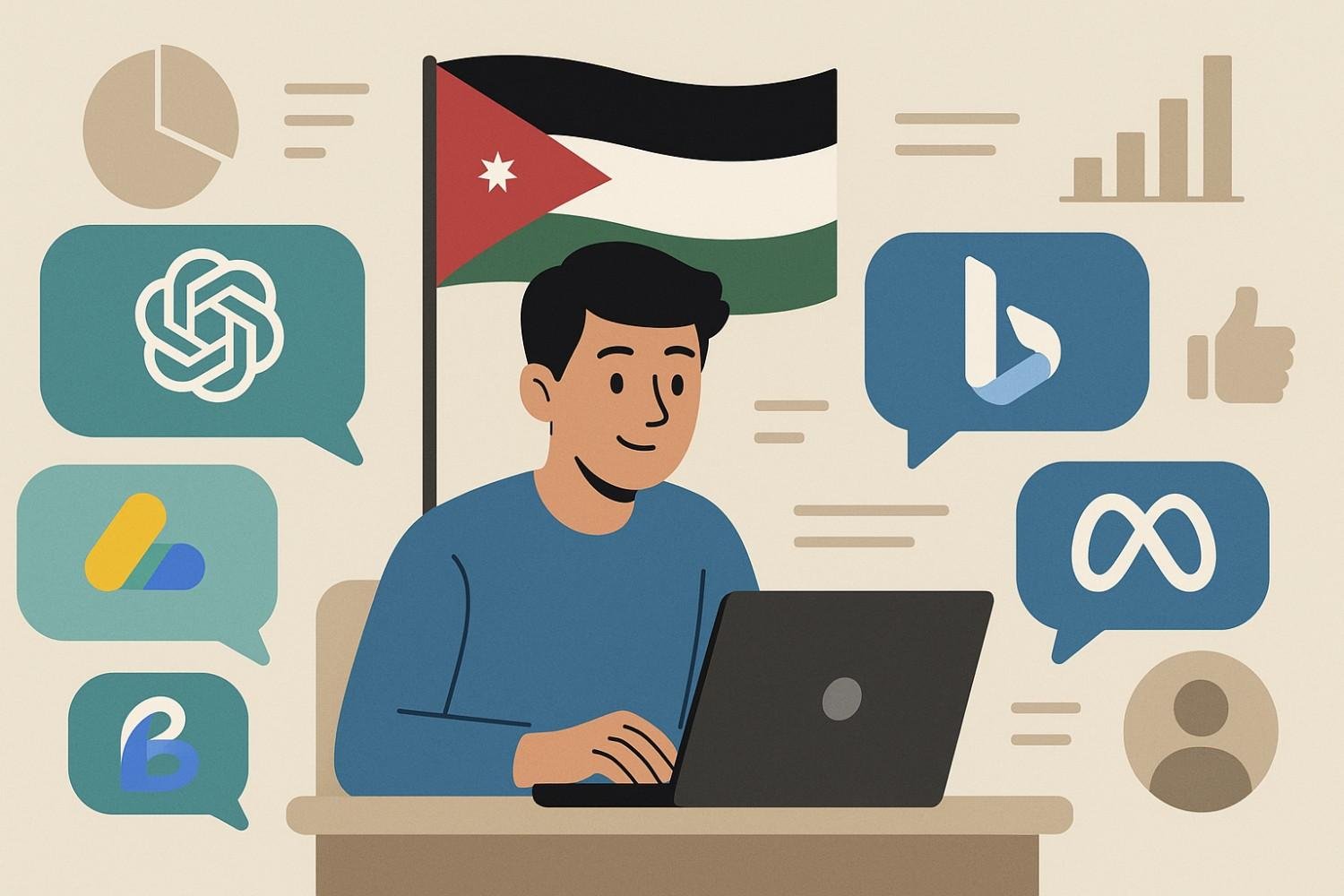As artificial intelligence (AI) increasingly integrates into academic settings, a recent study investigates how Jordanian university students use AI tools such as ChatGPT, Google Bard, Microsoft Bing, and Meta AI, and examines their perceptions and educational impacts.
Using a convergent-parallel mixed-methods design, the research collected both quantitative and qualitative data via a voluntary survey conducted over two months with 337 valid responses from 27 universities. The survey covered demographics, chatbot knowledge and usage, perceived benefits, ethical considerations, and future challenges.
Key findings show ChatGPT is the most recognized (94.3%) and frequently used (90.4%) AI tool among students, while Meta AI is the least utilized (7.8%). Overall, 89% of respondents use AI tools for academic purposes, with 86.6% acknowledging their usefulness in education.
Despite widespread adoption, only 39.7% of students felt AI tools significantly enhanced their understanding, though 57.6% reported a positive effect on academic performance. These results indicate a growing trend of AI adoption in study practices, underscoring its benefits while highlighting the need for further exploration of its educational implications.















